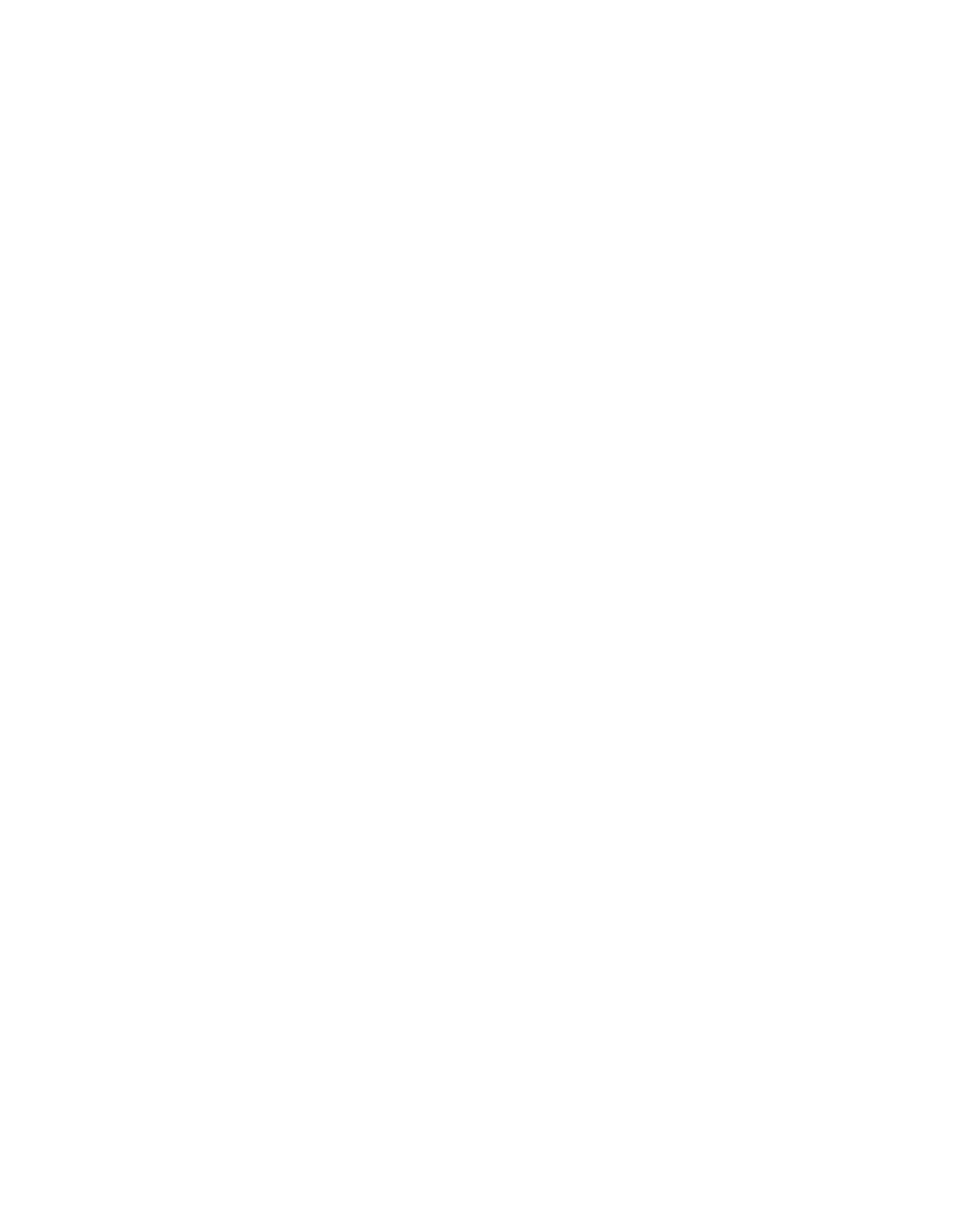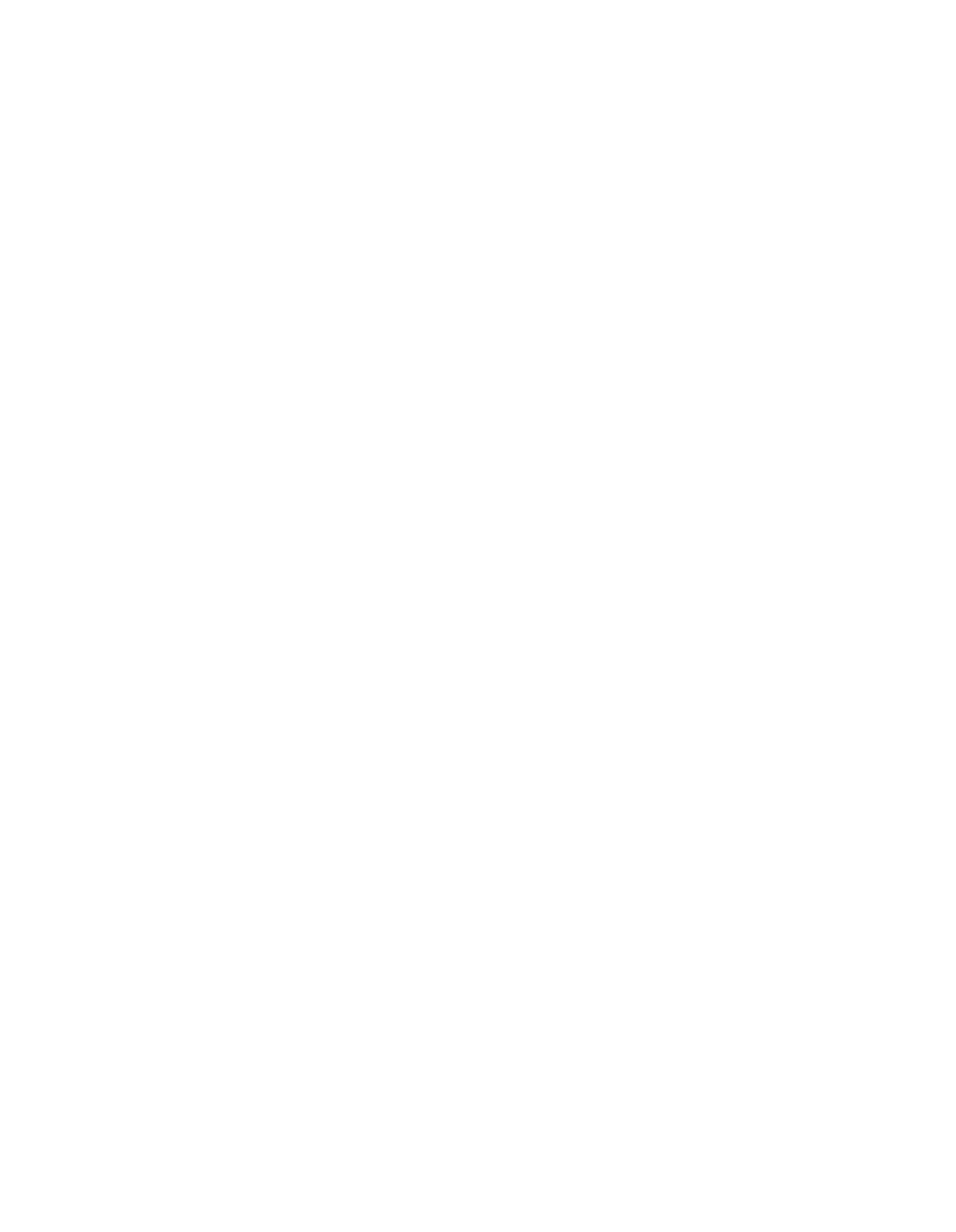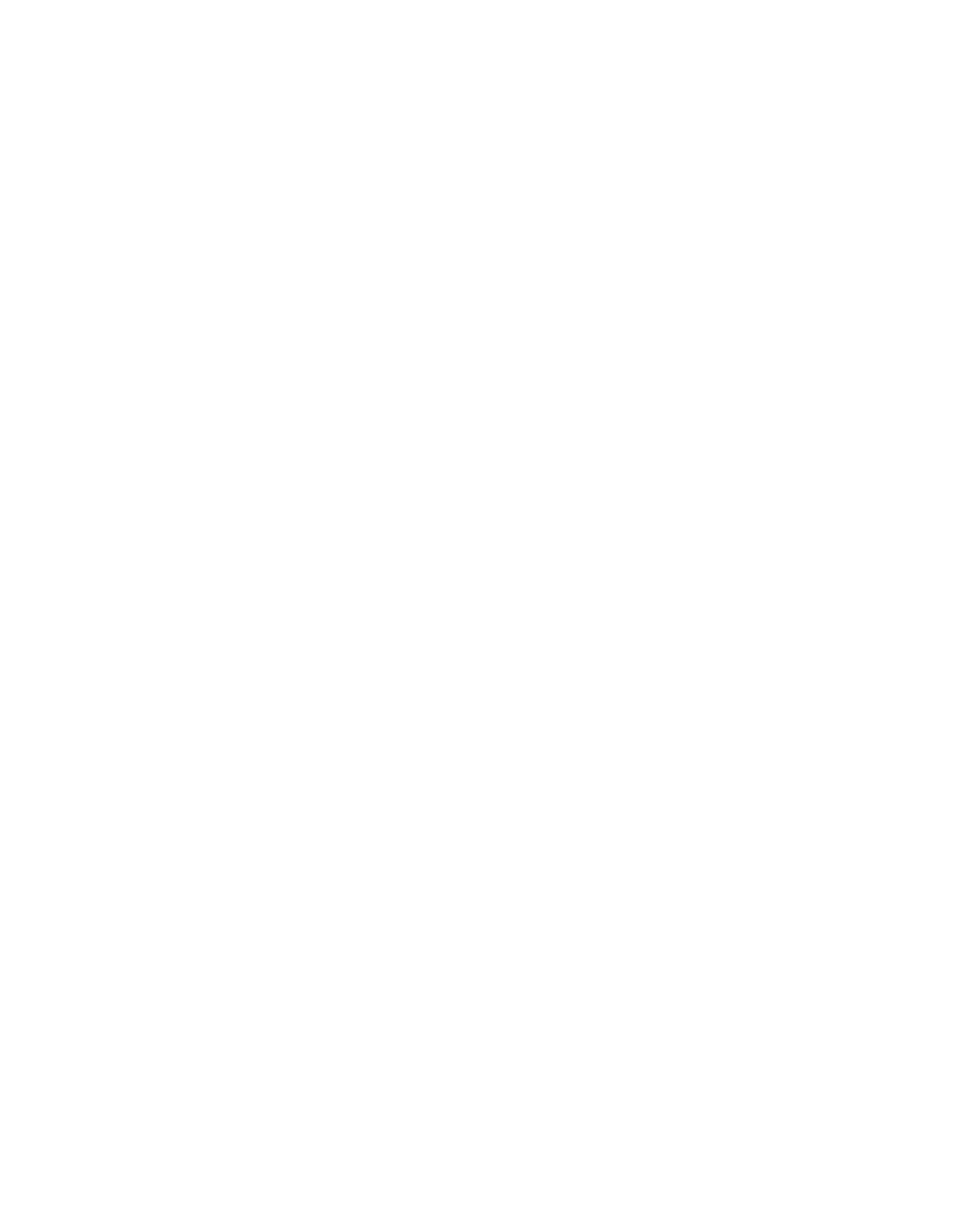ILLINOIS POLLUTION CONTROL BOARD
December 19,
1991
ENVIRITE CORPORATION,
a Pennsylvania Corporation,
)
Complainant,
v.
)
PCB 91—152
(Enforcement)
ILLINOIS ENVIRONMENTAL
)
PROTECTION AGENCY and
)
PEORIA DISPOSAL COMPANY,
)
Respondents.
ORDER OF THE BOARD
(by M. Nardulli):
This matter
is
before the Board
on the September
10,
1991
filing of~Peoria Disposal Company’s (Peoria) motion to dismiss and
alternative motion for summary judgment,
the September 24,
1991
filing of the Illinois Environmental Protection Agency’s
(Agency)
motion to dismiss and alternative motion for summary judgment, the
October
7,
1991
filing
of
Envirite
Corporation’s
(Envirite)
consolidated response and cross motion for summary judgment,
the
respondents’ November 12,
1991 joint response to Envirite’s cross
motions, Envirite’s November 27, 1991 motion to strike respondents’
joint response
or,
in the alternative, motion for leave
to file
reply
instanter
and Peoria’s
December
9,
1991
response to
the
motion to strike.
Initially,
the Board addresses Envirite’s motion to
strike
respondents’ joint response or,
in the alternative, file a reply.
The Board
denies the motion
to
strike because we find nothing
improper about the scope of the joint response.
Having found the
joint response proper,
the Board finds no reason to deviate from
its rule that the filing of a reply is not generally allowed except
to prevent material prejudice.
(35 Ill. Adm. Code 101.241(c).)
On August
23,
1991,
Envirite filed
a complaint pursuant to
Section 31(b) of the Environmental Protection Act
(Act)
(Ill. Rev.
Stat. 1989,
ch. 111 1/2, par. 1033(b)) against respondents alleging
violations of Sections 21(e)
and 39(h)
of the Act (Ill.Rev.
Stat.
1989,
ch.
ill 1/2,
pars.
1021(e)
and 1039(h)).
Section 39(h)
of
the Act provides:
Commencing January 1,
1987,
a hazardous waste stream may not
be
deposited
in
a
permitted
hazardous
waste
site
unless
specific authorization
is
obtained from the Agency
by the
generator and the disposal
site owner and operator
for the
deposit of that specific hazardous waste stream.
The Agency
may grant
specific authorization
for disposal
of hazardous
128—279
2
waste
streams
only
after
the
generator
has
reasonably
demonstrated
that,
considering
technical
feasibility
and
economic, reasonableness,
the
hazardous
waste
cannot
be
reasonably recycled for reuse, nor incinerated or chemically,
physically or biologically treated
so as to neutralize the
hazardous waste and render it nonhazardous.
*
*
*
Denial of 39(h)
authorization is treated as a permit denial under
Section 40(a) of the Act.
(Ill. Rev.
Stat.
1989, ch.
111 1/2, par.
1039 (h)
•~
~
Section
21(e)
of
the
Act
provides
that
no
person
shall
“dispose,
treat,
store
or abandon any waste,
or transport any
waste
into
this
State
for
disposal,
treatment,
storage
or
abandonment,
except
at
a
site
or
facility
which
meets
the
requirements of this Act and regulations and standards thereunder.”
‘Envirite
owns
and
operates
a
hazardous
waste
treatment
facility
in
Cook
County,
Illinois.
Envirite
states
in
its
complaint that,
since
1981,
it
has had the capability to treat
various hazardous wastes (USEPA Hazardous Waste Nos. F006 and F019)
so as to neutralize them and render the wastes nonhazardous within
the meaning
of Section
39(h)
of the Act.
Envirite alleges that
respondents have knowledge of Envirite’s treatment capabilities.
Peoria operates a multiple hazardous waste treatment facility
in Peoria
County,
Illinois.
Peoria’s
RCRA
Part B permit
(Supp.
Permit No. 1988—239—SP)
allows Peoria to accept,
inter alia, waste
from electroplating operations
(“F006 waste”).
(Peoria
Ex.
A.)
Peoria has
also
obtained
Section
39(h)
authorization
from
the
Agency for continued land disposal of hazardous waste.
(Peoria Ex.
B.)
Peoria receives hazardous wastes and treats the wastes using
a proprietary stabilization process.
This process
inhibits the
ability of the hazardous constituents to leach, but the stabilized
residue
which
results
from this
process
is
still
listed
as
a
hazardous
waste.
Hence,
the
residue/waste
is
disposed
of
in
1
The
instant
proceeding
requires
the
Board’s
interpretation
of
Section
39(h)
which
prohibits
the
disposal of hazardous wastes under certain circumstances.
It is
important to note that Section 39(h)
was enacted
and is implemented independent of Illinois’ adoption of
Resource,
Conservation and Recovery Act
(RCRA)
and the
Hazardous
and
Solid
Waste
Amendments
of
1984
(HSWA)
pursuant to Section 22.4 of the Act.
The instant order
in no way interprets or passes upon the interrelationship
between Section 39(h)
and RCRA/HSWA.
128—280
3
Peoria’s permitted hazardous waste landfill.2
Envirite
further
alleges
that
Production
Plated
Plastics
(PPP),
a Michigan facility,
and other generators of “F006 waste”,
have deposited hazardous waste at Peoria’s facility without 39(h)
authorization.
In its response and cross motion, Envirite agrees
with
Peoria’s
statement
that
this
enforcement
action
was
precipitated
by
PPP’s
decision
to
award
its
hazardous
waste
disposal
contract
to
Peoria
rather
than
Envirite.
(Envirite
Consol. Resp.
at 2.)
According to Envirite, on or about June 15,
1991
to the present,
it requested that the Agency
exercise
its
enforcement powers against Peoria, but the Agency has refused to
take any action.
Envirite alleges that Peoria and the Agency have,
therefore, violated Sections 21(e) and 39(h) of the Act because the
wastes are being disposed of
in a hazardous waste
landfill when
there is a technically feasible and economically reasonable method
of treatment which renders the hazardous waste nonhazardous so that
it could be disposed of in a nonhazardous waste landfill.
Envirite
requests that the Board enter an order:
“A.
Revoking any and all approvals
or authorizations
issued
by the
Agency
to
Peoria
purporting
to authorize
Peoria
to deposit the subject hazardous wastes in its Peoria
County,
Illinois landfill in sic
which
(1)
Peoria
is not
the generator
or
(2)
the
subject hazardous wastes
can
be
rendered nonhazardous;
B.
Requiring
...
Peoria
and the
Agency to cease and desist from further violating Sections
39(h)
and 21(e)
of the Act; and ordering
such other relief
as may be just.”
Both respondents contend that Envirite’s complaint should be
dismissed because the Board does not have jurisdiction to review
the Agency’s.grant of
39(h)
authorization to Peoria.
The Agency
also contends that the Board lacks jurisdiction
over the Agency
because the Agency is not a “person” within the meaning of Section
31(b)
of the Act.
Alternatively, respondents contend that summary
judgment should be granted
in their
favor because there
are no
genuine
issues
of
material
fact
and,
as
a
matter
of
law,
respondents have not violated the Act.
The Agency filed a motion to dismiss contending that it is not
a “person” within the meaning of Section 31(b)
of the Act which
governs citizen enforcement actions and, therefore, an enforcement
action cannot be brought against the Agency.
(Ill.
Rev.
Stat.
1989,
ch.
111
1/2,
par.
1031(b).)
Section
31(b)
of
the Act
2
Envirite successfully petitioned USEPA for delisting of
its treatment residue.
(R87—30, June 30,
1988;
12 Ill.
Reg.
12070,
eff.
July
12,
1988.)
Peoria’s
adjusted
standard petition seeking delistment of
its stabilized
residue is currently pending before the Board
(AS 91-3).
128—281
4
provides that “any
person may file with the Board a complaint
against any person allegedly violating the Act
...
.“
(Ill,
rev.
Stat. •1989,
ch.
111 1/2,
par.
1031(b).)
Section 3.26 of the Act
defines “person” as including a “state agency”.
(Ill. Rev.
Stat.
1989,
ch.
111 1/2, par. 1003.26.)
Envirite alleges that Peoria is
violating Section 21(e) and 39(h) of the Act by accepting hazardous
wastes from “generators” who have not obtained 39(h)
authorization
form
the
Agency.
Envirite
also
alleges
that
the
Agency
is
violating Section 21(e) and 39(h) of the Act by failing to exercise
its enforcement
powers
against
peoria.
According to
Envirite,
“what
is
at issue
is whether
...
the Agency
is abdicating
its
responsibilities
by not requiring those authorizations.”
(Mein.
Support of Cross Motion at 8-9.)
The Agency relies upon Landfill, Inc.
v. PCB, 74 Ill.
2d 541,
387 N.E.2d 258
(1978)
in support of
its motion to
dismiss.
In
Landfill,
Inc.,
the
court
declared
invalid
a
Board
regulation
allowing third parties to
file complaints
seeking revocation of
permits
on
the
basis
that they
were
issued by
the
Agency
in
violation of its statutory duty to grant permits only upon proof
that
the
permit
would
not
cause
a
violation
of
the
Act
and
regulations.
(387 N.E.2d
at
261-65.)
The court
rejected
the
Board’s reliance upon Section
31(b)
as
a statutory basis for the
regulation stating that the focus of a citizen enforcement action
must
be
upon
polluters
who
are
in
violation
of
substantive
provisions of the Act and not upon the Agency’s compliance with its
permit-granting procedures.
(~.
at 263.)
“Prosecution under the
Act
...
is against polluters,
not the Agency.”
(~.
at 264.)
Landfill,
Inc.
establishes that
a
citizen
cannot bring~an
enforcement action against the Agency in an attempt to challenge
the Agency’s issuance of a permit, nor can the Board provide for
third-party review of
such decisions beyond that allowed by the
Act.
While Envirite contends that it is not seeking review of the
Agency’s grant of 39(h)
authorization to Peoria, the basis of the
instant
enforcement
action
against
the Agency
is
the Agency’s
alleged failure to require those bringing their waste to Peoria to
obtain
39(h)
authorization.
This
allegation
is
tantamount
to
challenging the Agency’s performance of its statutory duties in the
issuance of permits which the Illinois Supreme Court held is not
a proper action before the Board.
(~.
at 263-65.)
Moreover, the Board finds that Envirite is in essense asking
that the Board
direct the Agency to
file
an enforcement
action
against Peoria for accepting waste from unauthorized “generators”
and
to direct
the Agency to
bring
an enforcment
action
against
those
who
should,
but do
not,
have
permits.
Irrespective
of
Landfill, Inc., the Board is not empowered to direct the Agency’s
course
of
conduct
in
this
regard.
The
decision
to
bring
an
enfocement action lies with the Agency,
not the Board.
(Ill.
Rev.
Stat.
1989,
ch.
111 1/2, par. 1004.)
For these reasons, the Board
grants the Agency’s motion to dismiss.
128—282
5
The
Board
next
addresses
respondent’s
contention
that
Envirite’s complaint should be dismissed for lack of jurisdiction
to review the Agency’s grant of 39(h)
authority to Peoria because
Envirite did not file for review in a timely manner pursuant to the
permit provisions of the Act.
Section 40(b)
provides that “if
the Agency
grants
a
RCRA
permit
for
a hazardous waste
disposal
site,
a third party other than the permit applicant or the Agency,
may petition the Board within 35 days for a hearing to contest the
issuance of the permit.”
(Ill. Rev.
Stat. 1989,
ch.
111 1/2, par.
1040(b).)
The parties
appear to agree that Section
40(b)
applies
to
Section 39(h)
authorizations.
However, the parties disagree over
what Agency action triggers the 35-day time period.
While the
Board
agrees with respondents
that
a
third-party petition
for
review pursuant to Section 40(b) must be filed within 35 days from
the date the Agency issues
the permit,
the
Board disagrees that
this provision governing third-party appeals of RCRA permits for
hazardous waste
disposal
sites
is
applicable to
Section
39(h).
Section 39(h)
authorization is not a RCRA permit as defined by the
Act.
(See,
Ill.
Rev.
Stat.
1989,
ch.
111
1/2,
par.
1003.29.)
Moreover, Section 39(h) specifically provides that “if
the Agency
refuses to grant authOrization under this
Section, the applicant
may appeal as if the Agency refused to grant a permit pursuant to
)
the provisions of subsection
(a) of Section 40 of this Act.”
(Ill.
Rev. Stat. 1989,
ch. 111 1/2, par. 1039(h).)
Section 40(a)
of the
Act provides for an applicant’s appeal of the Agency’s denial of
a permit or the imposition of permit conditions.
(Ill.
Rev. Stat.
1989,
ch.
111 1/2,
par.
1040(a).)
Consequently, the Act does not
provide for third-party appeals of Agency grants of Section 39(h)
authorization
and
the
Board
cannot
expand
those
appeal
rights
(Landfill,
Inc.
v.
PCB,
74
Ill.
2d 541,
387 N.E.2d 258
(1978).
However,
this
does
not
lead
the
Board
to
conclude
that
Envirite’s complaint should be dismissed for lack of jurisdiction.
While
the Board
agrees
that
an
enforcement ‘action
against
the
Agency is precluded by Landfill, Inc., this does not mean that the
Board
does
not
have
authority
pursuant
to
the
enforcement
provisions of the Act to determine whether Peoria is violating the
act
and
regulations.
Envirite
asserts
that
it
is
not
seeking
review of the Agency’s grant of 39(h)
authorization to Peoria and
that
its
allegations
properly
state
an
enforcement
action.
Envirite contends that, regardless of Peoria’s 39(h) authorization,
Peoria
cannot
accept
for deposit hazardous wastes
si.ich
as that
generated by PPP and others who,
as generators, have not obtained
39(h)
authorization.
By
accepting such waste,
Envirite alleges
that
Peoria
is
violating Sections
21(e)
and
39(h)
of
the Act.
Similarly,
Envirite
also
seeks
a
ruling
that
the
Agency
has
abdicated
its
responsibilities
by
not
requiring
that
these
128—283
6
generators
obtain
39(h)
authorization.3
The
Board
finds
that
Envirite
has
properly
alleged
a
cause
of
action
and
that
respondents’
motion
to dismiss
for
lack
of jurisdiction on the
basis that the instant action
is in actuality an improper permit
appeal
is,
therefore,
denied.
The
Board
now addresses whether
summary judgment is proper.
Respondents contend that Peoria is both the generator and the
disposal site owner and operator for purposes of 39(h) because it
is
Peoria
that
disposes
of
the
waste
residue
after
chemical
stabilization.
Accordingly, respondents contend that PPP and other
facilities that bring their
“F006 waste” to Peoria for treatment
are
not
required
to
obtain
39(h)
authorization.
Therefore,
respondents
contend
that,
as
a
matter
of
law,
Peoria
is
not
violating the Act by accepting waste from facilities which do not
have 39(h)
authorization and the Agency is not in violation of the
Act
by
failing
to
require
these
facilities
to
obtain
39(h)
authorization.
Envirite
and
respondents
both move
for
summary
judgment
based
upon
their
respective
interpretations
of
“generator. ~
The pertinent portion of Section 39(h)
of the Act provides
that “a hazardous waste stream may not be deposited in a permitted
hazardous waste site unless specific authorization is obtained from
the Agency
by
the
generator
and
the
disposal
site
owner
and
operator for the deposit of that specific hazardous waste stream.”
(Ill.
Rev.
Stat.
1989,
ch.
111 1/2, par. 1039(h).)
Section 39(h)
also provides that it is the “generator” who must demonstrate that
Although Envirite
asks
in
its request
for relief
for
revocation of Peoria’s permit, the enforcement provisions
of the Act specifically provide that the Board may revoke
a permit as a penalty upon finding that the permit holder
is in violation of the Act.
(Ill.
Rev.
Stat.
1989,
ch.
111 1/2, par. 1033(b).)
The parties cite to the Board’s emergency rules which
were
to
guide
the
implementation
of
Section
39(h).
However, these rules were vacated by the appellate court
because
the
court
found
that
no
emergency
existed
allowing the Board
to
invoke
its emergency rulemaking
procedures.
(Citizens For a Better Environment v.
PCB,
152 Ill. App.
3d 105.
504 N.E.2d 166
(1st Dist.
1987).)
Because the Board’s adoption of these rules was found to
be improper and the rules were invalidated by the court,
the rules may not now be used to interpret Section 39(h).
Moreover, while the Board has taken the position that a
rulemaking
is
needed
to
implement Section 39(h)
(see,
R89-6(B)
(August
30,
1990)),
the
Board
has
yet
to
complete its rulemaking reenacting the emergency rules.
128—284
7
no technically
feasible
and
economically
reasonable
method
of
‘rendering
the
waste
nonhazardous
exists
before
the Agency
may
authorize
“disposal.”
(Ill.
Rev.
Stat.
1989,
ch.
111
1/2,
par.
1039 (h)
.)
“Generator”
is defined as
“any person whose
act or process
produces hazardous waste.”
(Ill.
Rev.
Stat.
1989,
ch.
111 1/2,
par. 1003.12.)
However, Section 39(h) requires authorization only
for those generators of the specific hazardous waste stream that
is deposited by the disposal site owner and operator.5
While the
Act does not define “deposit”,
it defines “disposal”
as including
the “deposit
...
of any waste or hazardous waste into or on any
land or water or
into any well so that such waste or
hazardous
waste or any constituent thereof may enter the environment
...
.“
(Ill.
Rev.
Stat.
1989,
ch.
111 1/2, par. 1003.08.)
Here,
it is undisputed that Peoria receives hazardous wastes
•from companies such as PPP,
the waste
is subject to
a propriety
chemical stabilization process by Peoria and that the stabilized
residue
which
constitutes
a
hazardous
waste
is
disposed
of
in
Peoria’s
permitted hazardous waste
landfill.
Based upon these
undisputed facts,
the Board finds that companies such as PPP are
not generators
of the “specific hazardous waste
stream”
that
is
deposited
into
the
land
such
that
the
waste
may
enter
the
environment.
Rather, PPP and other such companies bring the wastes
to
Peoria
for
processing
and
Peoria subsequently
deposits
the
treated residue in its permitted hazardous waste
landfill.
The
Board
concludes
that,
as
a
matter
of
law,
Peoria
is
both the
“generator” of the specific hazardous waste stream and the owner
and operator of the disposal
site for purposes of Section 39(h).
Such
an
interpretation
is
consistent with
the
requirement
in
Section
39(h)
that
it
is
the
“generator”
that
must
make
the
demonstration
to
the
Agency
that
there
exists
no
technically
feasible and economically reasonable method of rendering the waste
nonhazardous.
Where
a
company
sends
its hazardous waste
to
a
treater, it makes sense that the treater who exercises control over
the waste prior to disposal should be required to make the 39(h)
demonstration rather than the initial company who has relinquished
control over the waste.
Having concluded that PPP and other such companies need not
obtain 39(h)
authorization, the Board finds that,
as a matter of
law, Peoria is not violating the Act by accepting such wastes nor
is the Agency abdicating its responsibilities by failing to require
such authorization.
Therefore,
summary
judgment
is granted
in
The Board emphasizes that PPP and other such companies
may be “generators” for purposes of other hazardous waste
provisions; however, the instant proceeding requires only
that the Board construe the term “generator” for purposes
of Section 39(h).
128—285
8
favor of Peoria.
Envirite’s cross—motion for summary judgment is
denied.
In summary, the Agency’s motion to dismiss is hereby granted.
Peoria’s motion to dismiss is denied, but its motion for summary
judgment is hereby granted.
Envirite’s cross motion for summary
judgment is denied.
IT IS SO ORDERED.
Section 41 of the Act (Ill. Rev. Stat.
1989,
ch. 111 1/2, par.
1041) provides for the appeal of final Board Orders within 35 days.
The
Rules
of
the
Supreme
Court
of
Illinois
establish
filing
requirements.
I, Dorothy M.
Gunn,
Clerk of the Illinois Pollution Control
Boar~,hereby ce~tifythat the above Order was adoptefi on the
/?~
day ~
,1991 by a vote of
~
Dorothy M. ~‘nn,
Clerk
Illinois P~)(lutionControl Board
128—286


